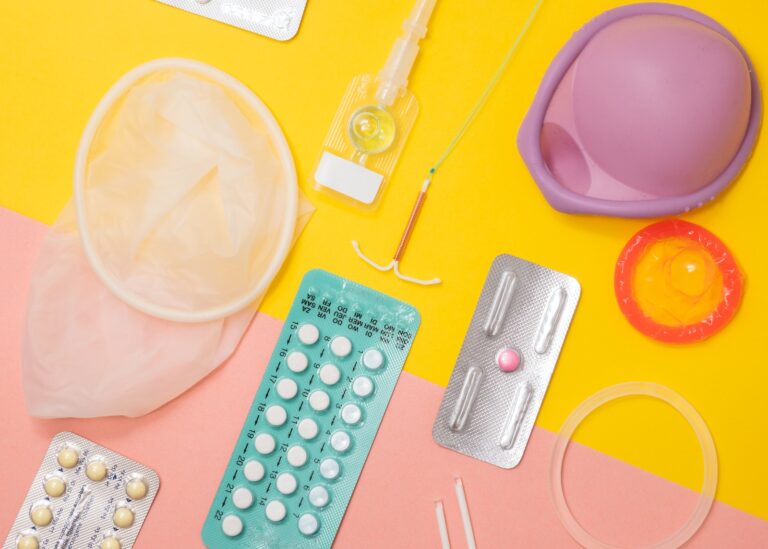Trichomoniasis can be easily treated with antibiotic medicine. It is important that both you and your sexual partners take the entire course of medication, and you don’t have sex until a week after you finish the treatment.
You can also lower your chances of getting and spreading trichomoniasis by using condoms and washing sex toys.
Treatment
Untreated trichomoniasis can lead to genital inflammation, which makes it easier to get infected with human immunodeficiency virus (HIV) and other sexually transmitted diseases (STDs). It can also cause problems during pregnancy, including low birth weight babies. Trichomoniasis is easy to treat with antibiotic medicine. Your doctor will give you pills to swallow, often in one dose. It is important to take the entire course of treatment, even if you feel better before the end. This will help prevent antimicrobial resistance and allow the medicine to kill the infection completely. Your sexual partners should also be treated to avoid passing the infection back and forth.
If you think you have trichomoniasis, your health care provider will examine your genitals and take a sample of vaginal fluid or a swab from inside the penis (urethra) for laboratory testing. The test can detect the parasite that causes trichomoniasis. It is most accurate from a vaginal sample, but swabs from the penis and sometimes urine can be used.
Treatment usually involves antibiotic medicine that kills the trichomoniasis parasite. Doctors will prescribe a pill that you will need to take, such as metronidazole (Flagyl) or tinidazole (Tindamax). Most people are cured with a single dose of medication.
Your health care provider may also recommend other forms of treatment, such as a prescription for contraceptives or lubricant. Using condoms during sex is the best way to prevent trichomoniasis and other STDs. Ask your health care provider about sexually transmitted disease prevention programs in your area. They can teach you how to use condoms correctly. They can also give you information about other methods of sex protection, such as oral contraceptives, the diaphragm, IUDs, and shots, and discuss how to safely avoid infection, including avoiding douching.
Symptoms
Trichomoniasis is most commonly passed from person to person through unprotected sexual activity. Women often get an infection in their vagina or vulva; men may be infected in their urethra, the tube inside their penis through which they urinate. Infections with the trichomoniasis germ can last from a few days to months without treatment. Most people who have trichomoniasis don’t have symptoms, but those that do can experience itching and a burning sensation during intercourse or at times during the day.
A swab is usually taken from the vagina or penis during a physical exam to check for trichomoniasis. For men, a urine sample is sometimes also taken to look for the infection.
For most people, a short course of antibiotics will cure the infection. Typical treatments include metronidazole (Flagyl) or tinidazole (Tindamax). Both of these are available as oral medications. If you are pregnant, it is important to tell your doctor right away if you have this infection because it can increase the risk of passing it on to your baby during pregnancy, birth or breastfeeding.
In general, you and your partner should agree to abstain from sexual activity until the infection has cleared up. If you are a teen, you should learn about safe and healthy sex with your partner and make sure they use condoms during all sexual activities. It’s also a good idea to talk about each other’s sexual histories and find out about any past treatment for STIs.
Using a condom every time you have oral, vaginal or anal sex is the best way to prevent trichomoniasis and most other STIs. Be sure to use a latex condom and apply a lubricant that’s free of alcohol or mineral oil, which can cause irritation to the genitals.
Prevention
Trichomoniasis (trich) is caused by a one-celled protozoan, which can only be spread during unprotected sex. It’s most common in women and men with lower genitals, including the outer part of the vulva (vulva), vagina, opening of the uterus (cervix), and the inside of the penis (urethra). Symptoms include large amounts of pale yellow or grey-green, sometimes foamy, discharge from the vulva; pain during sexual intercourse, even with a condom; patchy red areas on the genitals; painful or frequent urination; and itching of the vulva or urethra.
You can get trich from any person, but it’s most often passed by people who have a weakened immune system. It can take four to 28 days before you develop symptoms after exposure. It also takes a while to clear the infection after treatment. Trichomoniasis causes irritation in the genital area, which may increase your risk of getting or spreading other STIs.
Luckily, trichomoniasis is easy to treat with antibiotics. Doctors usually prescribe metronidazole or tinidazole, which you swallow as pills. The medication may make you feel nauseated, so taking it with food can help. Alcohol should be avoided because it can interfere with the effectiveness of the drugs.
Once you finish your medicine, avoid sex until you’re symptom-free for about a week and until all of your sexual partners have finished their treatment, too. This will reduce your risk of getting or transmitting trich to new partners.
To prevent trich and other STIs, use internal or external condoms every time you have sex and don’t share sex toys with anyone. Wash your hands well before and after intimate contact, and use a clean towel to dry your vulva or anal area after sex. Make sure to tell your sexual partners about any history of STIs, including trich, so they can be tested and treated if needed.
See Also:


